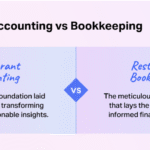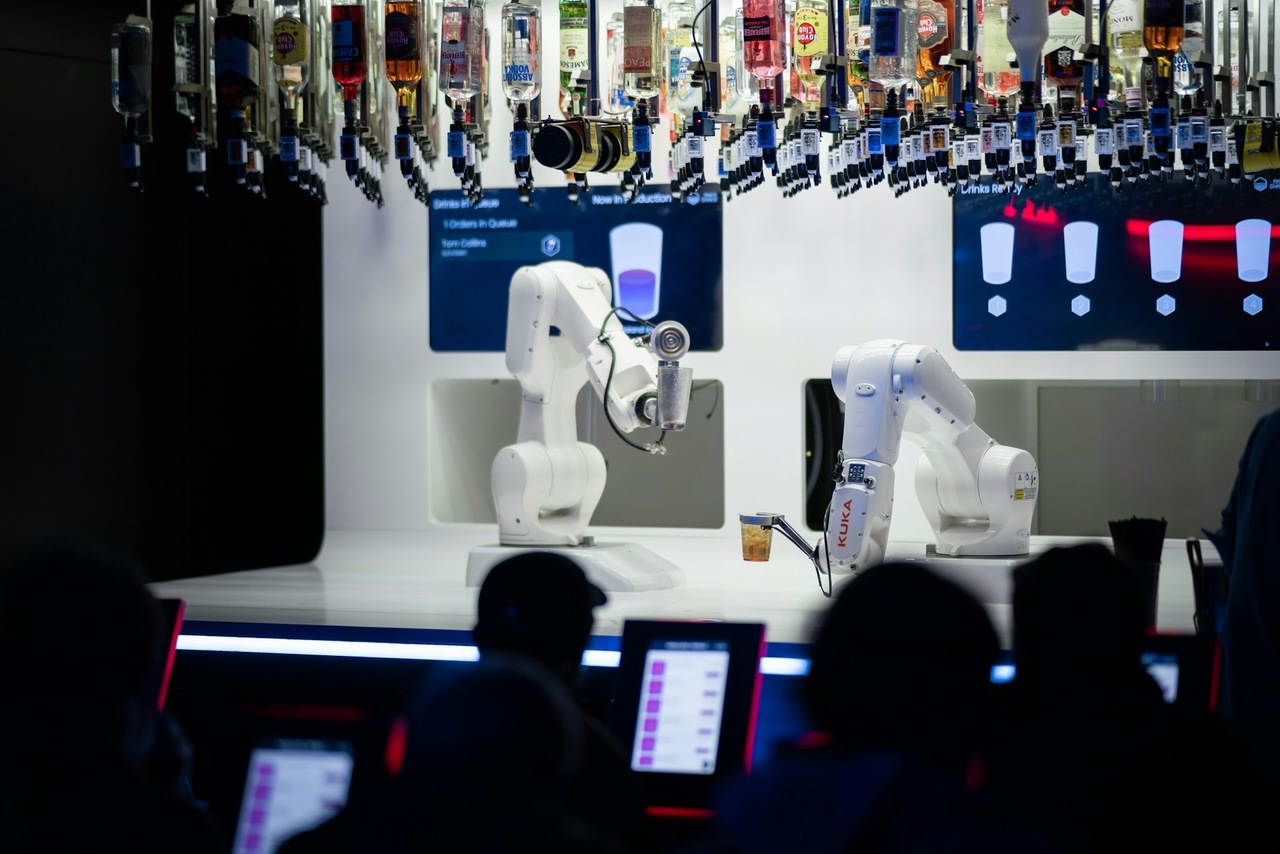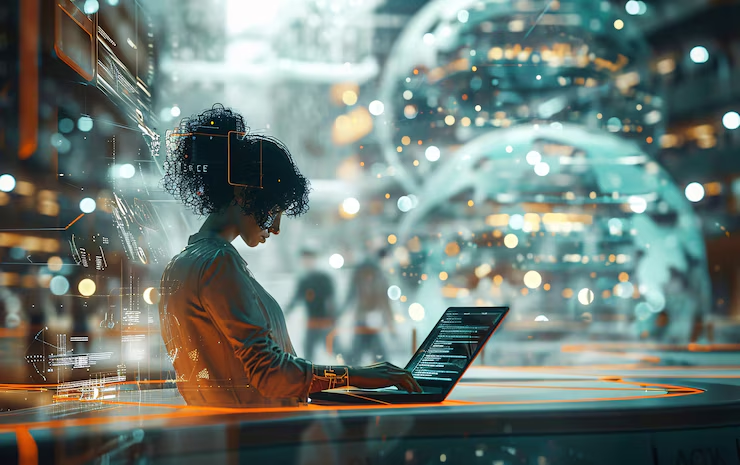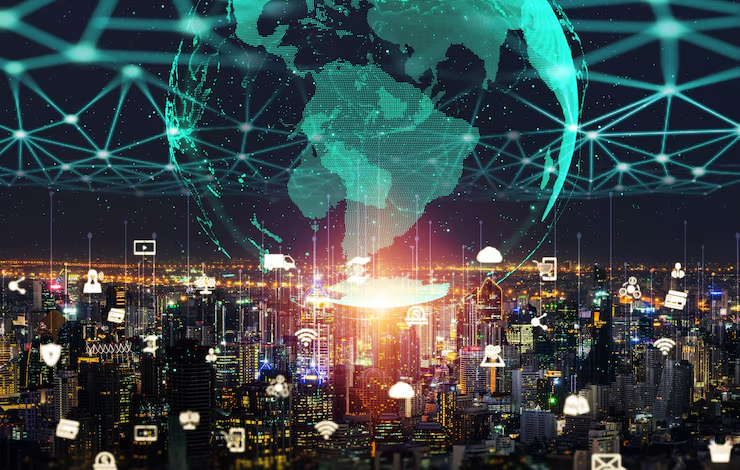Artificial Intelligence has taken the world by storm, everything, from our daily life to business and whole industries changed, making a lot of aspects of our lives and jobs easier. But have you ever been curious about how the AI revolutionized the world of industrial production?
If so, then you’ve come to the right place. AI isn’t just for chatbots and virtual assistants it’s transforming how industries operate, making production and process automation with AI smarter, faster, and more efficient.
Let’s dive into how artificial intelligence is improving the industrial production sector.
The Evolution of AI in Industry
First thing first, its evolution. Despite being a new adoption, AI has come a long way, it has been around for years but it used to escape the public eye most of the time.
Back in the primitive days of AI, its journey in industrial production started with basic automation and data processing.
Most of the early systems just focused on simple repetitive tasks, but it laid the groundwork for more complex AI applications.
Modern Advancements
Fast forward to now, AI has evolved to include advanced machine learning algorithms, robotics, and real-time data analytics.
From fully automated factories to solutions for human-packed factories, these advancements have opened the door to even more sophisticated applications in industrial production.
What is AI’s role in industrial production?
Now, whether it’s automated factories or normal ones, AI’s impact on industrial production is wide and there are many areas that are taking advantage of these improvements.
For example:
Predictive Maintenance
Predictive maintenance uses AI to predict when equipment will fail before it actually happens, allowing for maintenance to be performed just in time.
This minimizes downtime and extends the lifespan of machinery, especially if the maintenance is outsourced.
For example, companies like GE and Siemens have successfully implemented predictive maintenance, resulting in significant cost savings and efficiency improvements.
Quality Control and Inspection
Another section that has improved a lot is the inspection and quality control, AI-powered systems are used to inspect products for issues with higher accuracy and better speed than humans.
A good example is how BMW uses AI to inspect its vehicles for paint and assembly defects, ensuring each car meets high-quality standards.
Supply Chain Optimization
If you have been around any supply chain whether it’s small or huge, you have noticed how inventory levels can mess with the whole process.
Well, AI helps in optimizing inventory levels by predicting demand more accurately, reducing the risk of overstocking or stockouts.
Logistics and Transportation
This one is related to the supply chain, but in many cases, it can be a whole different thing. Whether it’s the case, AI improves route planning and logistics management.
It will make sure that products are delivered on time and at the lowest possible cost for you, opening a new earning or saving window.
Production Process Automation
Robotics is here to stay, and hand in hand with AI. Industrial robots, powered by AI, can do complex tasks such as assembly, welding, and packaging with high precision and speed.
There are many and many more industries adopting an automated production process, and this change completely the industrial production landscape.
Process Control Systems
AI-enhanced control systems optimize production processes by adjusting parameters in real time to maintain optimal performance.
This is applicable in many aspects too, whether it’s a business, a factory or even for military purposes.
Conclusion
AI is without doubt transforming industrial production, bringing a ton of benefits that include increased efficiency, cost savings, and a better safety.
While some challenges may still persist, the potential for AI to revolutionize the industry is immense. Keep an eye on this space, it’s only going to get more exciting!












